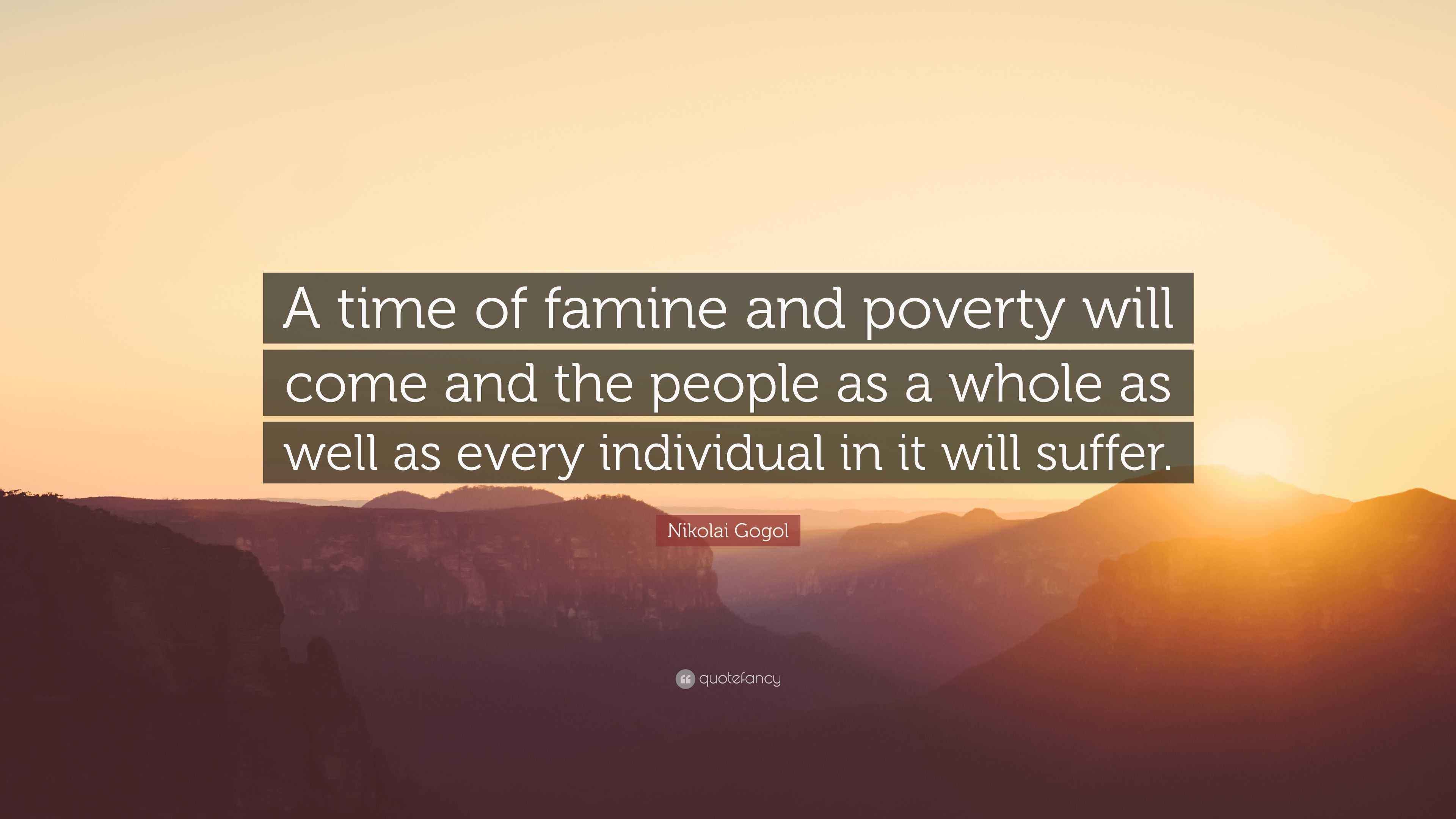
Aside from developing the underlying theory, the approach is used in a number of case studies of recent famines, including the Great Bangladesh famine of 1974 and the famines in the Sahel countries in Africa in the seventies. The author develops and alternative method of analysis - the 'entitlement approach'- concentrating on ownership and exchange. The traditional analysis of famines focusing on food supply, is shown to be fundamentally defective - theoretically unsound, empirically inept, and dangerously misleading for policy. The paper makes the case for promoting a productive and sustainable agriculture, with high resources use efficiency, to increase food security in the GCC.The main focus of this book is on the causation of starvation in general and of famines in particular. Further, potentially, more critical to GCC food security is availability risk, which arises when an import-dependent country is not able to obtain food, even if it has sufficient funds to purchase it. However, agriculture is limited by several natural conditions, such as scarce water resources and poor soils, and aquifers have been heavily exploited above the average natural recharge. The crisis exposed the high dependence of GCC countries on imports, limits of import-based food policies and the need to increase the local production. However, in the wake of the 2007–2008 global food crisis, food security became an ongoing challenge. As a result, in 2018, the six GCC members have been ranked as the most food secure in the Arab world and among the most food secure countries in the world. Consequently, due to their robust fiscal position resulting in high buying power, these countries, have been less vulnerable to price risk than other food importers and able to bridge the shortfall in domestic production.

In fact, GCC states are capital rich and have no foreign exchange limitation for food import. Historically, food security was not an issue for the GCC states. Therefore, this review paper analyses the state, determinants and perspectives of food security in GCC region. While it is widely admitted that food security increases with economic development, also rich countries in the Near East and North Africa (NENA) region, such as the Gulf Cooperation Council (GCC) countries, face specific challenges. It is built on four pillars, namely food availability, food access, food utilisation, and stability.

Food security exists when all population, at all times, has access to sufficient, safe and nutritious food.

Food insecurity concerns are as old as humanity.


 0 kommentar(er)
0 kommentar(er)
